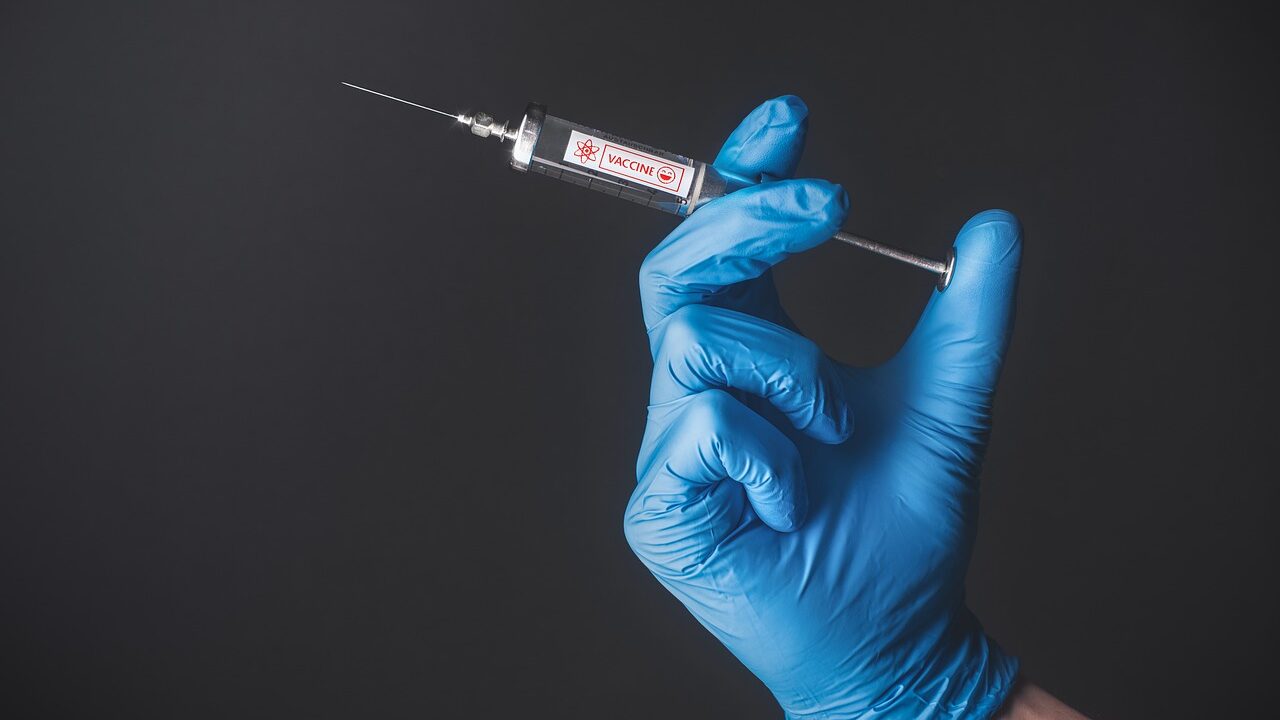The Department of Agriculture, Environment and Rural Affairs (DAERA) has permitted the voluntary use of three bluetongue serotype 3 (BTV-3) vaccines in Northern Ireland, subject to licensing.
These vaccines are intended to reduce the severity of clinical signs and mortality in affected animals, though they do not prevent infection or transmission.
While Northern Ireland remains free of the disease, livestock keepers and veterinary practitioners will now be able to take early, informed action as a precautionary, secondary line of defence against the disease.
The Minister for Agriculture, Environment and Rural Affairs, Andrew Muir said: “My department is continuing to take all necessary actions to protect Northern Ireland from an incursion of bluetongue virus. This includes our recently published BTV-3 Disease Control Framework.
“While we remain BTV-free, I have now taken the decision to allow the use of the BTV-3 vaccines to give our farmers and livestock keepers an additional safeguard alongside our surveillance, prompt detection and control.
“It aims to provide an additional tool to help protect their flocks and herds,” the minister added.
DAERA
According to DAREA, the decision brings Northern Ireland into line with the voluntary, licensed use of BTV-3 vaccines in Scotland, Wales, and England, and reflects the evolving risk picture and demand for tools than can help build resilience against animal disease threats.
The chief veterinary officer, Brian Dooher said: “Clear guidance is available on the DAERA website to farmers, veterinary surgeons and the wider industry on how the vaccine licensing process will work in practice.
“We continue to urge all livestock keepers to remain vigilant for the signs of BTV as we enter the high-risk period and advise them to contact their private veterinary practitioner should they have any concerns,” Dooher added.
DAERA is urging all farmers to be vigilant for sings of the disease.

